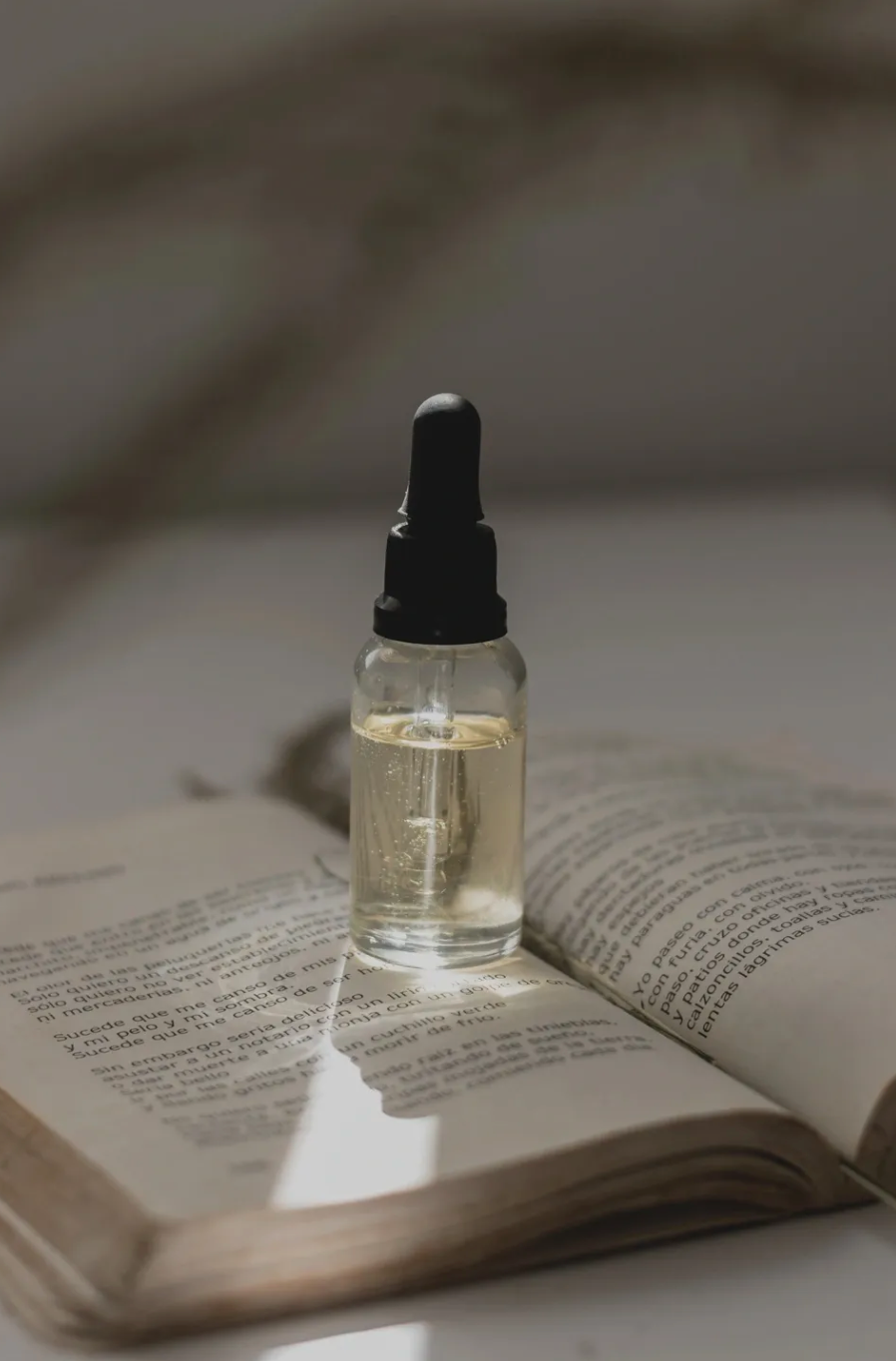The Truth & Beauty Serums: Are They Worth Your Money?

In the world of skincare, serums often steal the spotlight. Marketed as miracle workers promising youthful, rejuvenated skin, these runny, lotion-like products are hard to resist. But what’s really behind the hype? Let’s break down common serum ingredients and assess their true benefits.
Peptides are a popular inclusion in many serums, made up of small chains of amino acids. Unfortunately, the evidence supporting their effectiveness is minimal, so it’s wise to temper expectations.
Plant collagen claims to enhance skin firmness, yet it can’t penetrate the skin's surface effectively. Instead, it simply sits on top, offering little in the way of real benefits.
Vitamin C is known for its role in collagen production but has limited proven effects when applied topically. Instead of relying on serums, focus on a diet rich in citrus and vegetables.
Hyaluronic acid has gained traction for its hydrating properties, yet its large molecules prevent it from penetrating deeper layers of the skin. Cheaper alternatives like glycerin can achieve similar effects without breaking the bank.
Niacinamide has also made a name for itself, but research shows scant evidence of its benefits when applied to the skin. Don’t be swayed by its buzz.
Glycerin, an older, more economical ingredient, effectively draws moisture to the skin’s surface but doesn’t contribute to overall skin health or rejuvenation.
Vitamin E, while common in skincare, acts more as a preservative than a powerhouse for anti-aging. Its moisturizing capabilities are minimal and may even irritate some skin types.
Lastly, retinol is often touted for its anti-aging effects. However, its benefits can be subtle, with most results stemming from stronger, prescription-grade alternatives.
In conclusion, most serums may not deliver the promises they advertise. Instead, they primarily act as weak moisturizers, and the price often doesn't reflect their actual benefits. For optimal skin health, focus on prevention—moderate sun exposure sensibly to suit your skin type, avoid harsh abrasives, and meet your skin’s unique requirements as needed. Skipping the serums and investing in a solid skincare education, followed by sensible care might just be the ultimate way to achieve healthy skin.
If you found this helpful, subscribe to Dr. Bibi's Newsletter for cutting edge skincare and share this article. For further insights into skincare simplification, check out my book "Sick Skin - Skin Care Made Simple" on Amazon, now available in audio.
Thanks for reading and God bless.
Yuval Bibi, MD/PhD - Board Certified Dermatologist

Share and get 15% off!
Simply share this product on one of the following social networks and you will unlock 15% off!